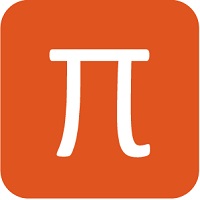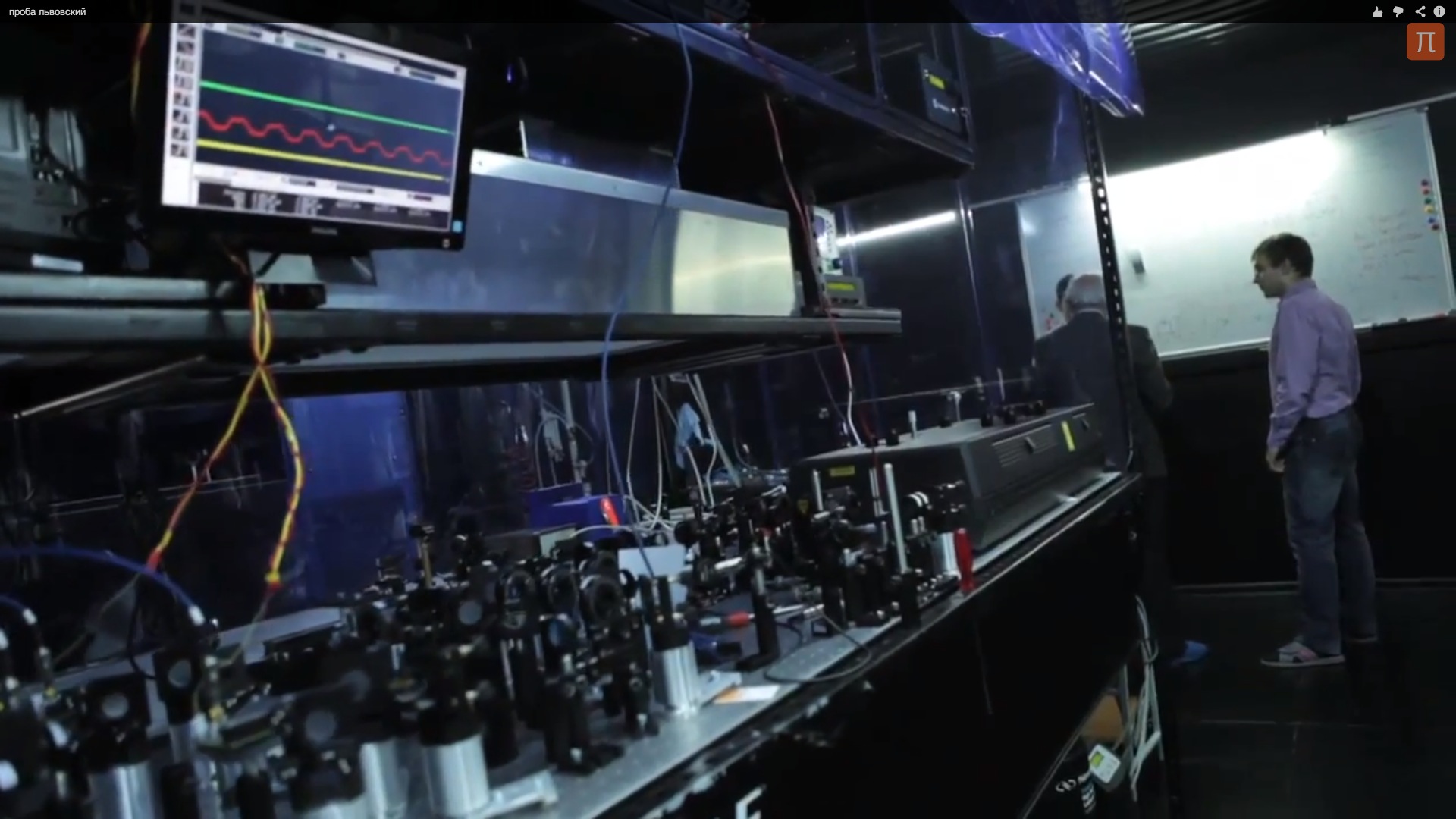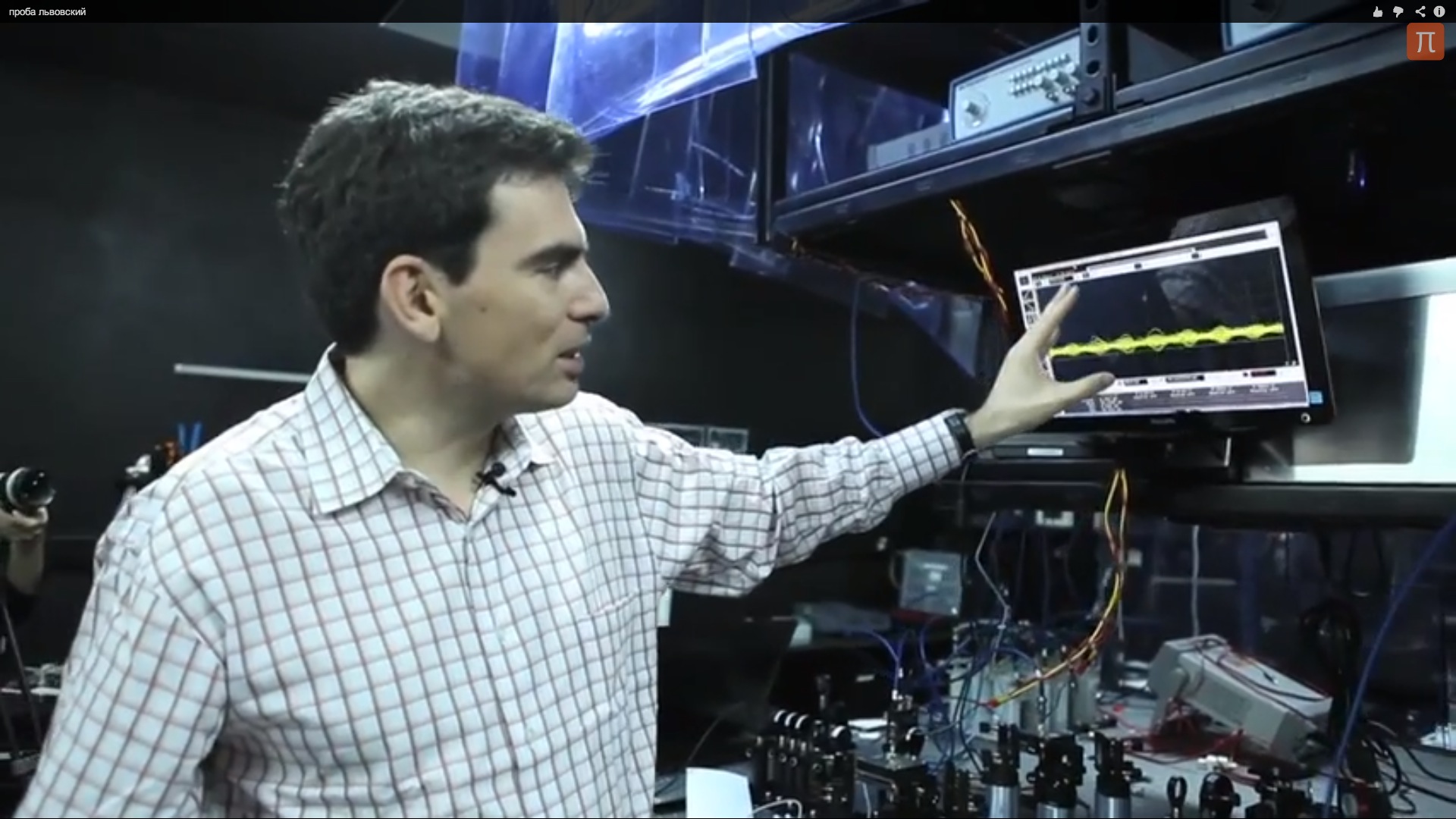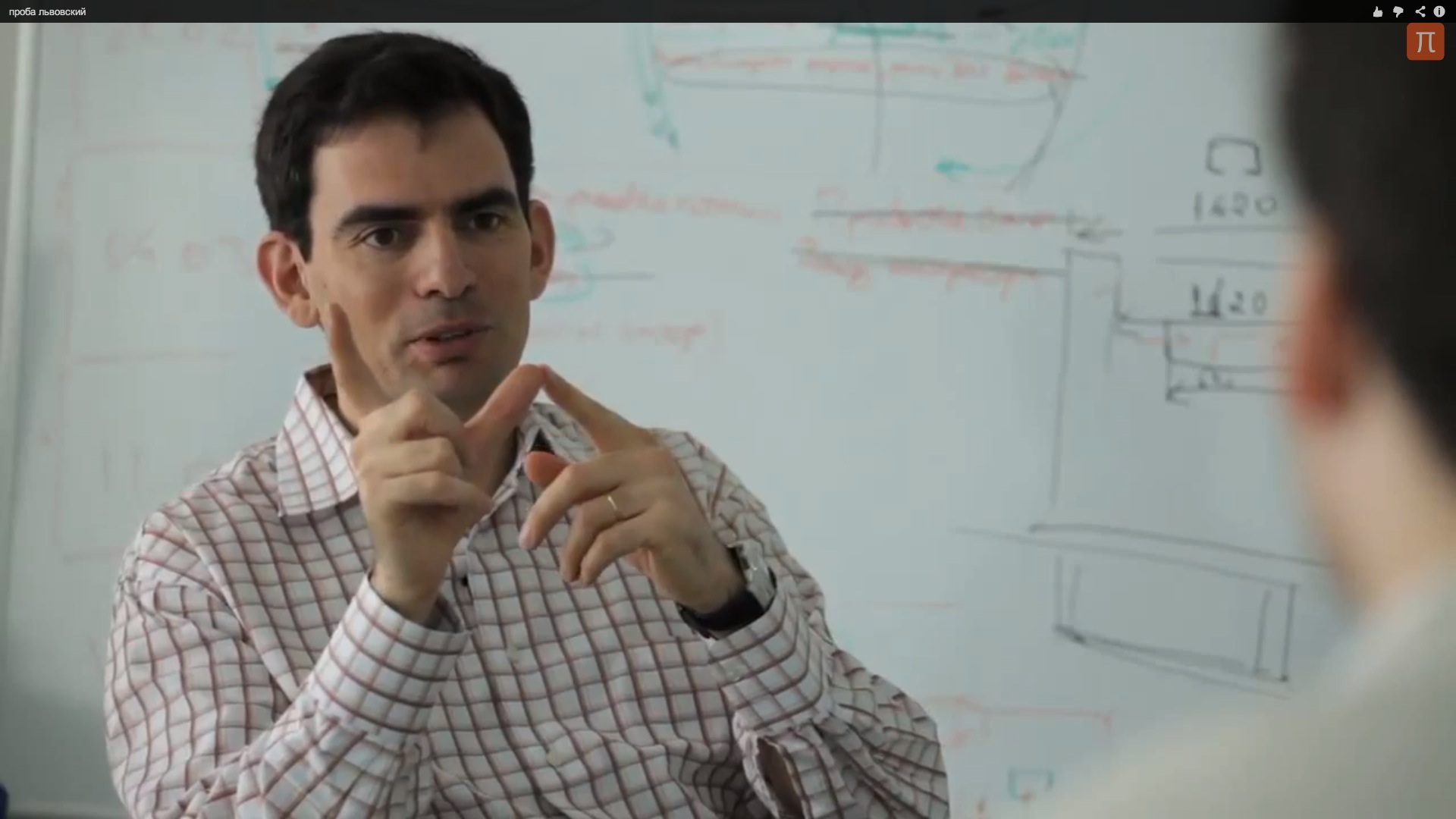PostScience on Habré
Hello, habra users,
 PostScience has been around for a year and a half, but only recently we decided to open our blog on Habré. Here we will talk about new technologies, current research, as well as professions that appear as a result of the interaction of science and technology.
PostScience has been around for a year and a half, but only recently we decided to open our blog on Habré. Here we will talk about new technologies, current research, as well as professions that appear as a result of the interaction of science and technology.
Who are we
')
For those who are not familiar with us, it is worth saying a few words about PostNauka. This is an Internet project about fundamental science and the scientists who create it. We do not retell scientific theories and ideas, but give scientists the opportunity to talk about their research in the first person. We are a group of young and charming people who can speak with scientists in the same language, who help to talk interestingly about the complex.
Our site opened in May 2012 and since that time we have released over 1000 materials about problems, theories and ideas in basic science, published hundreds of articles, launched radio programs and our own lecture “Post-Science Dialogues”, cooperate with both media and academic institutions .
What are we going to write about
PostNauka has many friends, scientists participating in the project, who truly create the future now - they make discoveries and develop technologies that will change not only science as a field of knowledge, but also our everyday life: from solving complex fundamental problems to enormous labor market reforms.
We will talk about this, or rather show it in a new section on the site called “ScienceHub”, which we have prepared specially for the launch of our blog on Habré. The team and I will travel around the laboratories and research centers, record their work, and find out from scientists the details of the existence of their scientific disciplines: what discoveries formed the basis of their research? what perspectives can their current designs bring? And what new professional areas will appear as a result?
Let's say there are quantum technologies. What specialists are needed to develop them in the future? Who will manage a quantum computer and understand quantum cryptography? What generally implies the existence of quantum technologies and when will they become part of our everyday reality? To answer these questions, we visited the lab of quantum optics, the physicist Alexander Lvovsky at the Russian Quantum Center.

“I think we can say that we are learning to manipulate matter on an increasingly microscopic level. We penetrate down to all the lower floors of matter, deeper and deeper, not only at the level of learning, not only at the level of microscopy, we not only look at what is happening there, but also learn to control this matter, we learn to change it, ”began his story Alexander Lvovsky, head of the Quantum Optics group at the RCC.

“Modern post-industrial society is based on information security. Information is the basis of the existence of society and that is why we now have the following information scandals: WikiLeaks, then Snowden. Any violations of this security will start reeling society, the further we go, the more important will be the provision of information. ”

“Where is information most vulnerable?” She is vulnerable in transmission. When transmitting information over a long distance, it is easiest to overhear and here quantum technologies become useful, because in a safe way, you can transmit information at a distance. Cryptography is used. What is cryptography? When there is some secret code, the transmitting and receiving partner, they have a common code known only to them, one of the partners encodes the message using this code, then the encoded message is transmitted, and decoded using copies of the same code. ”

“When technology crosses the border between the classical and quantum worlds, there will be a“ boom ”of quantum technologies, a sharp development will take place, including the market”.
The first issue of ScienceHub with the story of prof. Lvov on quantum cryptography, see the PostScience website - http://postnauka.ru/tv/18937
PS And here is what we would like from the community:
First, I would like to hear your wishes on the topics of future materials.
Secondly, of course, responses to already existing content on the site and, in particular, to ScienceHub.
And third, the most important, questions that will help us to complement and expand the scope of the project.
So, everything about new technologies, new professions, new disciplines - very soon in the PostScience blog on Habré, subscribe!
 PostScience has been around for a year and a half, but only recently we decided to open our blog on Habré. Here we will talk about new technologies, current research, as well as professions that appear as a result of the interaction of science and technology.
PostScience has been around for a year and a half, but only recently we decided to open our blog on Habré. Here we will talk about new technologies, current research, as well as professions that appear as a result of the interaction of science and technology.Who are we
')
For those who are not familiar with us, it is worth saying a few words about PostNauka. This is an Internet project about fundamental science and the scientists who create it. We do not retell scientific theories and ideas, but give scientists the opportunity to talk about their research in the first person. We are a group of young and charming people who can speak with scientists in the same language, who help to talk interestingly about the complex.
Our site opened in May 2012 and since that time we have released over 1000 materials about problems, theories and ideas in basic science, published hundreds of articles, launched radio programs and our own lecture “Post-Science Dialogues”, cooperate with both media and academic institutions .
What are we going to write about
PostNauka has many friends, scientists participating in the project, who truly create the future now - they make discoveries and develop technologies that will change not only science as a field of knowledge, but also our everyday life: from solving complex fundamental problems to enormous labor market reforms.
We will talk about this, or rather show it in a new section on the site called “ScienceHub”, which we have prepared specially for the launch of our blog on Habré. The team and I will travel around the laboratories and research centers, record their work, and find out from scientists the details of the existence of their scientific disciplines: what discoveries formed the basis of their research? what perspectives can their current designs bring? And what new professional areas will appear as a result?
Let's say there are quantum technologies. What specialists are needed to develop them in the future? Who will manage a quantum computer and understand quantum cryptography? What generally implies the existence of quantum technologies and when will they become part of our everyday reality? To answer these questions, we visited the lab of quantum optics, the physicist Alexander Lvovsky at the Russian Quantum Center.

“I think we can say that we are learning to manipulate matter on an increasingly microscopic level. We penetrate down to all the lower floors of matter, deeper and deeper, not only at the level of learning, not only at the level of microscopy, we not only look at what is happening there, but also learn to control this matter, we learn to change it, ”began his story Alexander Lvovsky, head of the Quantum Optics group at the RCC.

“Modern post-industrial society is based on information security. Information is the basis of the existence of society and that is why we now have the following information scandals: WikiLeaks, then Snowden. Any violations of this security will start reeling society, the further we go, the more important will be the provision of information. ”

“Where is information most vulnerable?” She is vulnerable in transmission. When transmitting information over a long distance, it is easiest to overhear and here quantum technologies become useful, because in a safe way, you can transmit information at a distance. Cryptography is used. What is cryptography? When there is some secret code, the transmitting and receiving partner, they have a common code known only to them, one of the partners encodes the message using this code, then the encoded message is transmitted, and decoded using copies of the same code. ”

“When technology crosses the border between the classical and quantum worlds, there will be a“ boom ”of quantum technologies, a sharp development will take place, including the market”.
The first issue of ScienceHub with the story of prof. Lvov on quantum cryptography, see the PostScience website - http://postnauka.ru/tv/18937
PS And here is what we would like from the community:
First, I would like to hear your wishes on the topics of future materials.
Secondly, of course, responses to already existing content on the site and, in particular, to ScienceHub.
And third, the most important, questions that will help us to complement and expand the scope of the project.
So, everything about new technologies, new professions, new disciplines - very soon in the PostScience blog on Habré, subscribe!
Source: https://habr.com/ru/post/199344/
All Articles